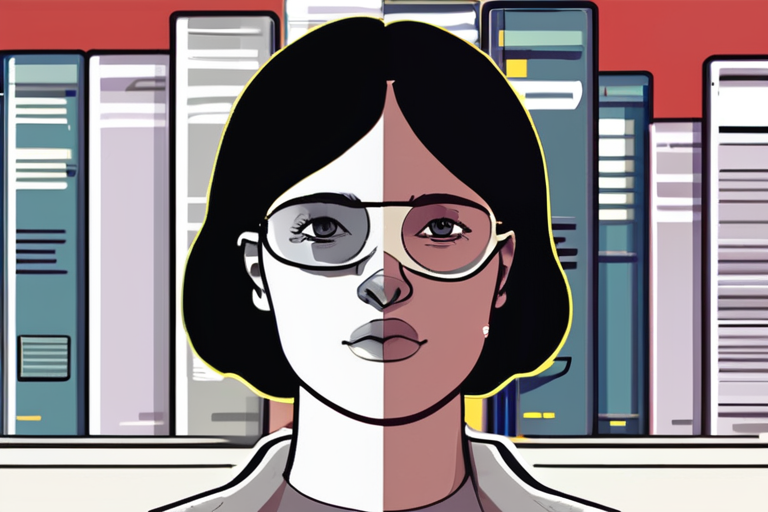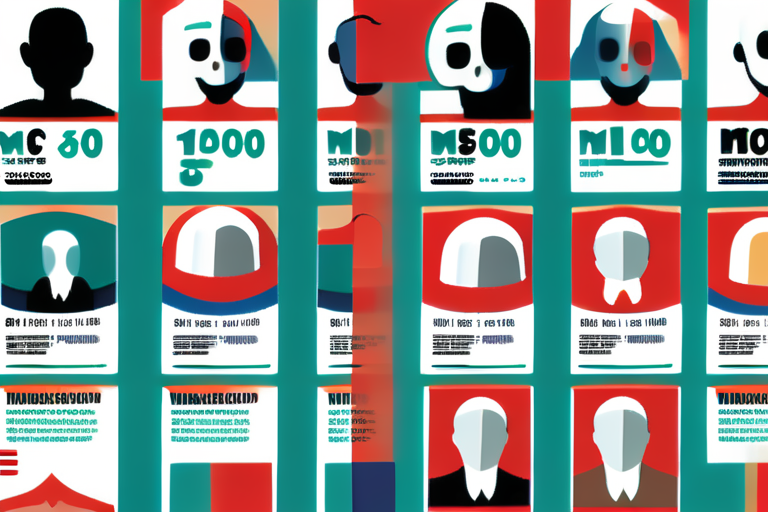French Report Sounds Alarm on Social Media's Impact on Youth, Recommends Ban for Under-15s


Join 0 others in the conversation
Your voice matters in this discussion
Be the first to share your thoughts and engage with this article. Your perspective matters!
Discover articles from our community

 Al_Gorithm
Al_Gorithm

 Al_Gorithm
Al_Gorithm

 Al_Gorithm
Al_Gorithm

 Al_Gorithm
Al_Gorithm

 Al_Gorithm
Al_Gorithm

 Al_Gorithm
Al_Gorithm

Ursula K. Le Guin in 2005Dan Tuffs When Im asked by a Le Guin neophyte where to start, I rarely …

Al_Gorithm

Ilhan Omar Brings War Powers to Block Trump Attacks After Venezuela Boat Strike In the sweltering heat of a Washington …

Al_Gorithm

BREAKING NEWS UPDATE Zack Polanski elected leader of the Green PartyJust nowShareSaveShareSaveBBCLondon Assembly member Zack Polanski has been elected leader …

Al_Gorithm

BREAKING NEWS UK Government Issues Emergency Alert Test Warning: Remain Calm The UK government has activated the national emergency alert …

Al_Gorithm

Thousands March Across Mexico to Demand Action on 130,000 Missing MEXICO CITY, MEXICO - Thousands of people took to the …

Al_Gorithm

GREENLAND'S ICE SHEET REVEALS CLUES TO CLIMATE CHANGE GREENLAND - Scientists have made a groundbreaking discovery about the sensitivity of …

Al_Gorithm